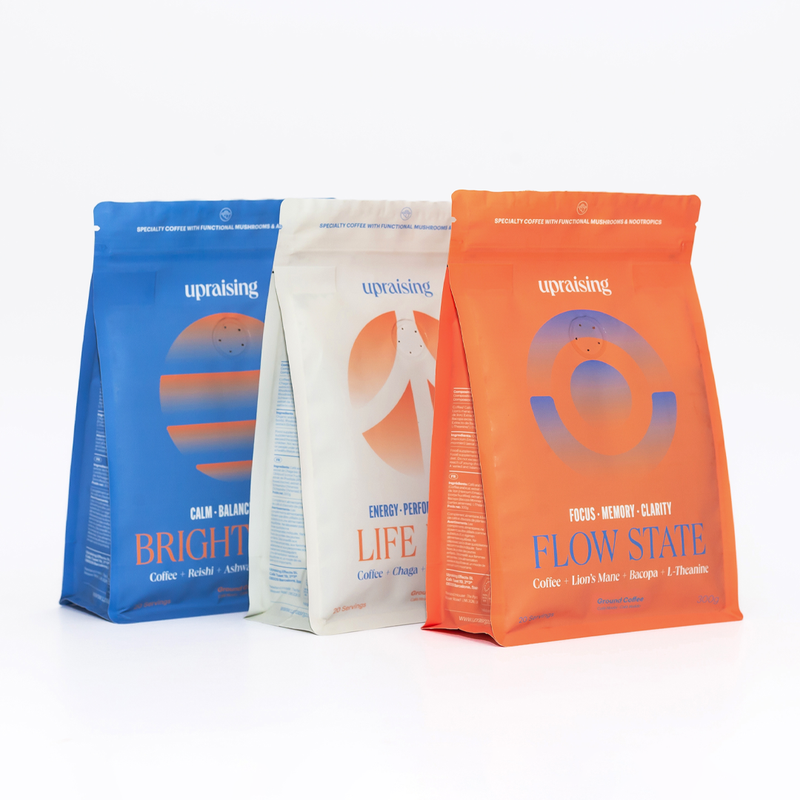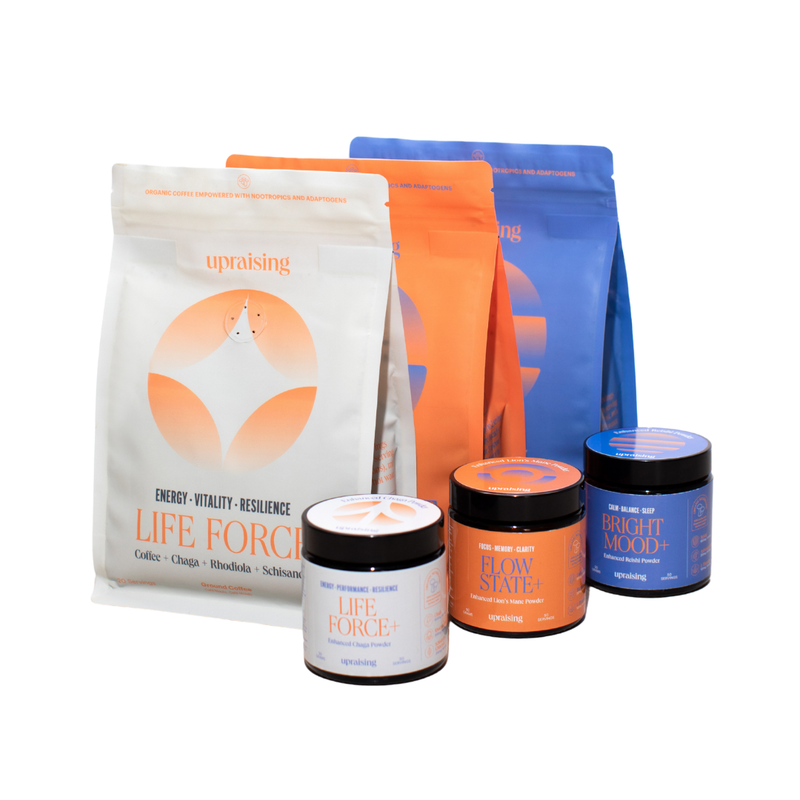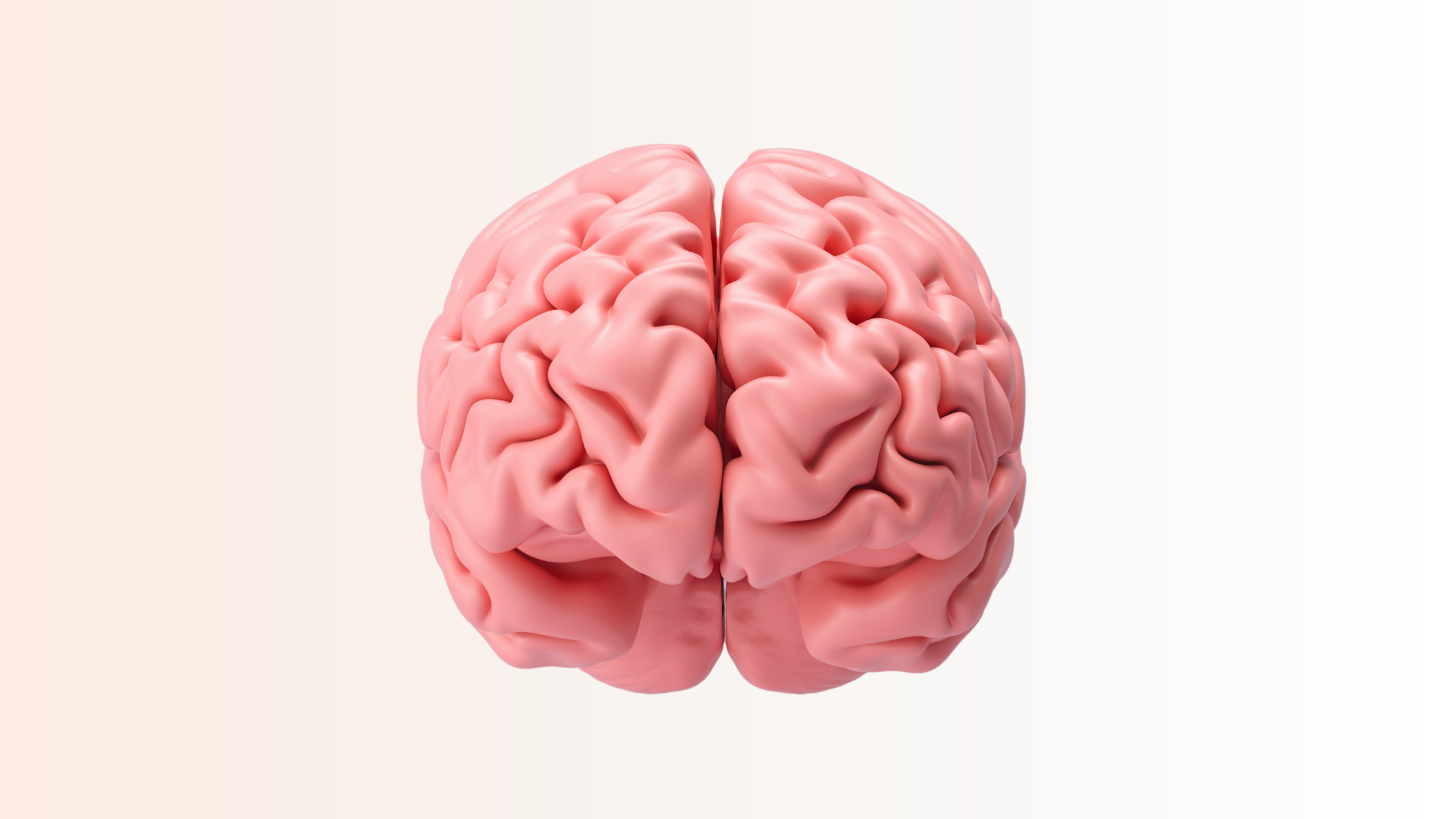Comment les adaptogènes et les nootropiques peuvent aider à gérer les symptômes du TDAH
Le trouble du déficit de l'attention avec hyperactivité (TDAH) est un trouble neurodéveloppemental fréquent qui touche aussi bien les enfants que les adultes. Face à l'intérêt croissant pour les remèdes naturels, nombreux sont ceux qui étudient comment les adaptogènes et les nootropiques peuvent aider à gérer les symptômes du TDAH.
Cet article se penchera sur
- qu'est-ce que le TDAH
- comment il est diagnostiqué
- comment des adaptogènes spécifiques peuvent soutenir cette condition
TDAH vs TDA : en quoi sont-ils différents ?
Le TDAH ( trouble du déficit de l'attention avec hyperactivité) est une affection caractérisée par l'inattention, l'hyperactivité et l'impulsivité. Il se présente sous trois formes principales :
- inattentif
- hyperactif-impulsif
- combinaison des deux
Le terme TDA est aujourd'hui considéré comme obsolète, car il ne désigne qu'un seul sous-type de TDAH. Qu'une personne souffre principalement d'inattention ou d'une combinaison de symptômes, tous relèvent du diagnostic plus large de TDAH.
Comment savoir si j’ai un TDAH ?
Soupçonner que vous souffrez de TDAH ou de TDA est une préoccupation courante, mais l’autodiagnostic peut être délicat en raison du chevauchement des symptômes avec d’autres affections comme l’anxiété ou la dépression.
Si vous suspectez un TDAH, consultez un professionnel de santé pour une évaluation complète. Ce processus comprend généralement des évaluations comportementales, une anamnèse détaillée et l'avis de personnes qui vous connaissent bien, comme des membres de votre famille ou des collègues.
Comment les adaptogènes et les nootropiques peuvent-ils aider à gérer le TDAH ?
Les nootropiques et les adaptogènes suscitent un intérêt croissant en tant que remèdes naturels potentiels pour la prise en charge du TDAH. Les nootropiques, souvent appelés « drogues intelligentes » ou stimulants cognitifs, sont des substances qui améliorent les fonctions cognitives, en particulier les fonctions exécutives comme la mémoire, la concentration ou les performances cognitives.
Les adaptogènes, quant à eux, sont des substances naturelles qui aident le corps à s’adapter au stress et à maintenir l’équilibre.
Pour les personnes atteintes de TDAH, les nootropiques et les adaptogènes peuvent offrir des avantages tels que :
- Concentration améliorée
- Performances cognitives améliorées
- Anxiété réduite
- Une meilleure gestion du stress
Contrairement aux médicaments conventionnels, ces remèdes naturels agissent en soutenant l’équilibre des neurotransmetteurs, en réduisant le stress oxydatif et en favorisant la santé globale du cerveau.
Contrairement aux stimulants utilisés dans les traitements traditionnels du TDAH, les adaptogènes et les nootropiques agissent en régulant les hormones du stress et en soutenant l’équilibre des neurotransmetteurs, ce qui peut aider à atténuer les hauts et les bas des symptômes du TDAH.
Meilleurs adaptogènes et nootropiques pour le TDAH
1. Rhodiola Rosea - Réduit la fatigue et améliore la clarté mentale
Cet adaptogène le rend idéal pour améliorer la concentration et gérer la fatigue cognitive courante dans le TDAH.
2. L-Théanine - Favorise la relaxation, réduit l'anxiété et améliore la concentration
Présente naturellement dans le thé vert, la L-théanine est particulièrement utile pour la surstimulation souvent ressentie avec le TDAH.
3. Crinière de lion - Améliore la fonction cognitive
Ce champignon nootrope favorise la production de facteur de croissance nerveuse (NGF), qui soutient la santé du cerveau.
4. Bacopa Monnieri - Réduit l'anxiété et améliore la fonction cognitive
Bien connu par beaucoup pour ses propriétés améliorant la mémoire.
Comment commencer à utiliser les adaptogènes et les nootropiques pour le TDAH
Lorsque vous intégrez des adaptogènes à votre routine, il est essentiel de commencer par des doses faibles et d'augmenter progressivement selon vos besoins. Voici un guide rapide sur le dosage :
Consultez toujours un professionnel de la santé avant de commencer tout nouveau supplément, surtout si vous prenez actuellement des médicaments ou si vous souffrez de problèmes de santé sous-jacents.




















